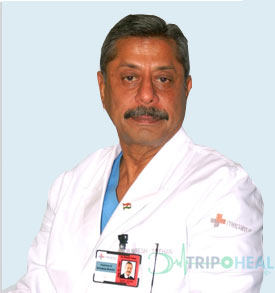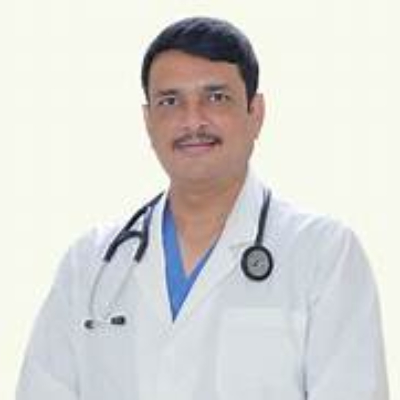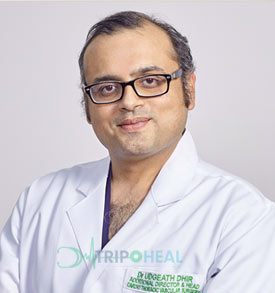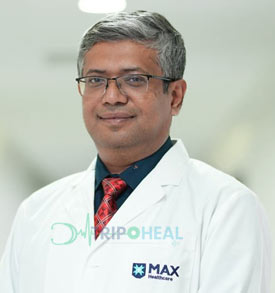Treatment and Cost
20
Total Days in Country
10
Total Days in Hospital
$8500
Treatment cost starts from
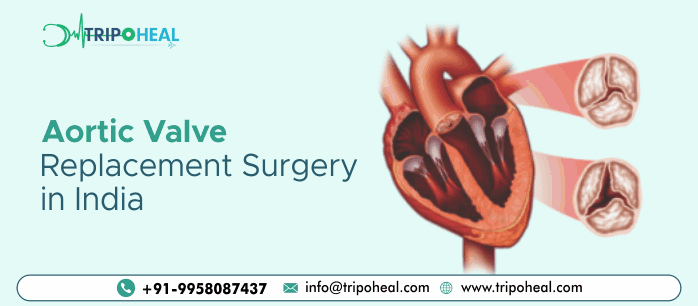
Aortic Valve Replacement In India
What are common problems of the aortic valve?
What types of valves do surgeons choose for aortic valve replacement?
Mechanical valves
How do surgeons make their decisions?
- Blood clots
- Bleeding after operation
- Stroke
- Heart rhythm
- Kidney problems
- Infection
- New valve does not wear out You can now look for the best cardiologists for aortic valve replacement in India.
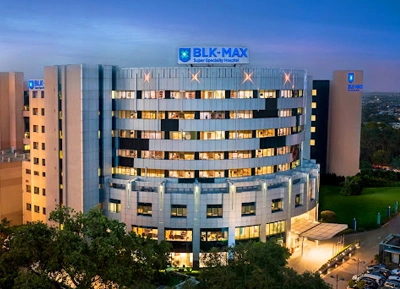
BLK MAX Super Speciality Hospital
Pusa Road, Radha Soami Satsang,, Rajendra Nagar , New Delhi, India
Total capacity of
650 beds
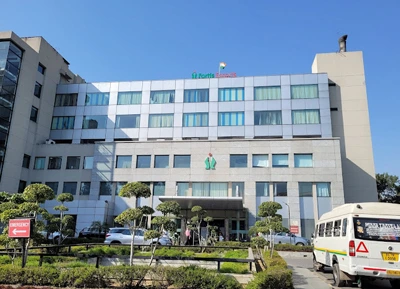
Fortis Escorts Heart Institute
Okhla Road , New Delhi, India, 110025
Total capacity of
285 beds

Amrita Hospital, Faridabad -Haryana
Mata Amritanandamayi Marg, RPS City, Sector 88, Faridabad, Haryana 121002
Total capacity of
2400 beds
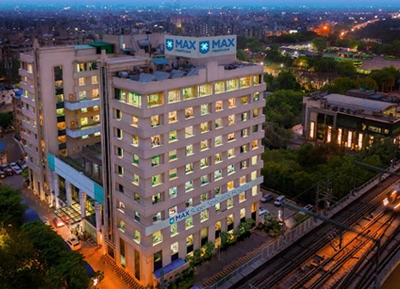
Max Super Speciality Hospital, Patparganj
108A, IP Ext, I.P.Extension, Patparganj, Delhi, 110092
Total capacity of
400 beds
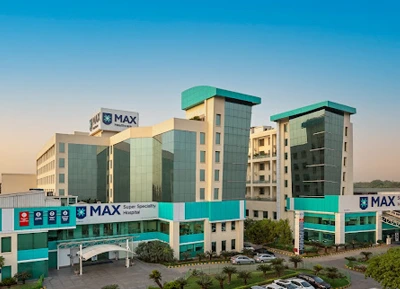
Max Super Specialty Hospital Saket
1,2 Press Enclave Road, Saket , New Delhi, India, 110017
Total capacity of
430 beds
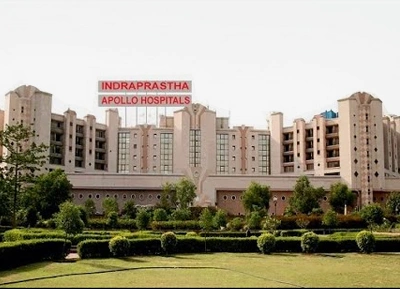
Indraprastha Apollo Hospital Delhi
Sarita Vihar, Delhi-Mathura Road , New Delhi, India, 110076
Total capacity of
1000 beds
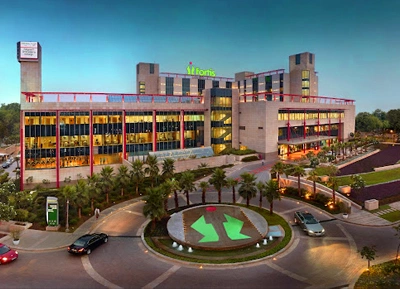
Fortis Memorial Research Institute
Sector - 44, Opposite HUDA City Centre , Gurgaon, HR, India, 122002
Total capacity of
300 beds
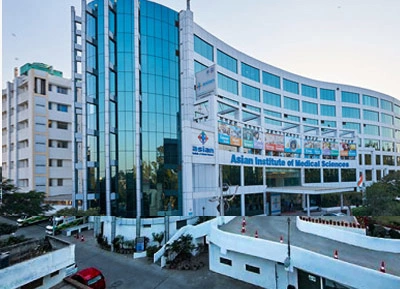
Asian Institute Of Medical Sciences
Badkal Flyover, Road, Sector 21A, Faridabad, Haryana 121001
Total capacity of
425 beds
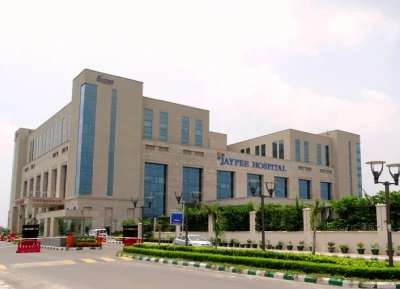
Jaypee Hospital
Jaypee Hospital Rd, Goberdhanpur, Sector 128, Noida, Uttar Pradesh 201304
Total capacity of
480 beds
Doctors Related to Treatment
Please Enquiry

Need Help?
Lorem ipsum dolor sit amet consectetur adipisicing elit. Eligendi veniam sunt facilis est perferendis quia?



